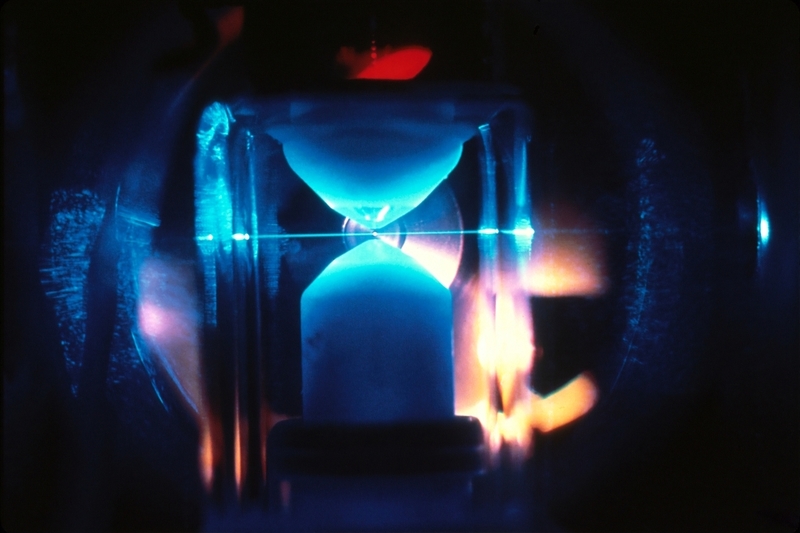
The University of Malaya Medical Centre (UMMC) announced that it is partnering with the Malaysia arm of a Japanese multinational photography company to establish the country’s first-ever first endoscopy training centre.
The firm’s Managing Director stated that the firm is pleased to provide the Endoscopy System to UMMC in the latter’s quest to develop medical and surgical teams as experts and specialists soon. He added that the company is always creating new opportunities in the world of endoscopy and significantly contributes to helping detect diseases early. Thus, this collaboration between the company and UMMC aims to further strengthen the team’s knowledge and skills.
The partnership includes educational programmes as well as conducting training sessions that will help medical and surgical trainees provide patients with better quality services as well as improve their experiences with advanced endoscopy technology.
It is hoped that the training sessions will enhance the collaboration between UMMC and the firm, increase interaction between students, academic staff, healthcare professionals and other industry players. This will ultimately further innovation and translate research to improve healthcare for the community. As a comprehensive healthcare company, the firm has been responsible for providing quality products and services with leading-edge, proprietary technologies.
Commenting on the collaboration, gastroenterology and hepatology specialist at UMMC, Professor Dr Ho said that it is important to educate young medical and surgical doctors to be accustomed to the Endoscopy system by “…using and practising the training simulator to gain more experience and that we are happy to have Fujifilm Malaysia in organising the educational programmes with us”.
The company is known for their cameras and films and the medical business is one of their latest ventures as they innovate and diversify their businesses. Like its slogan – Value from Innovation – the firm aims to fulfil economic and legal responsibilities, endeavour to understand local environmental and social issues, and address them through business activities.
In the medical systems industry, the company has developed a wide range of healthcare solutions including ‘prevention’, ‘diagnosis’ and ‘treatment’. To improve patients’ lives, the company works to further enhance the quality of life through their diverse products and services to deliver a contribution to society and solve the social challenges, Matsuura said.
The global endoscopy equipment market is projected to reach US$39.3 billion by 2026 from US$27.3 billion in 2021, at a CAGR of 7.5%. Endoscopy procedures are non-surgical or minimally invasive procedures wherein endoscopy instruments and supplies are used to examine a patient’s internal organ or tissue in detail.
While conducting endoscopy, a variety of tools and equipment, including procedure-specific scopes, video monitors, imaging devices, anaesthetic equipment, monitoring equipment, light sources, video processors, insufflators, endoscope cabinets, endoscopy cart or trolley, are used to ensure a safe, successful procedure. Endoscopy equipment is predominantly used by gastroenterologists, gynaecologists, nephrologists, neurologists, cardiologists, hepatologists and liver transplant surgeons.
Endoscopy procedures are surgeries that minimally invasive and conducted via one or more small incisions. Small tubes, tiny cameras, and surgical instruments are used to enable the surgery. Less pain, a shorter or no hospital stay, or fewer complications related to pre- and post-surgery care are the major advantages of endoscopy procedures. Thus, these procedures are more cost-efficient, effective, and safer than traditional open surgeries.
















